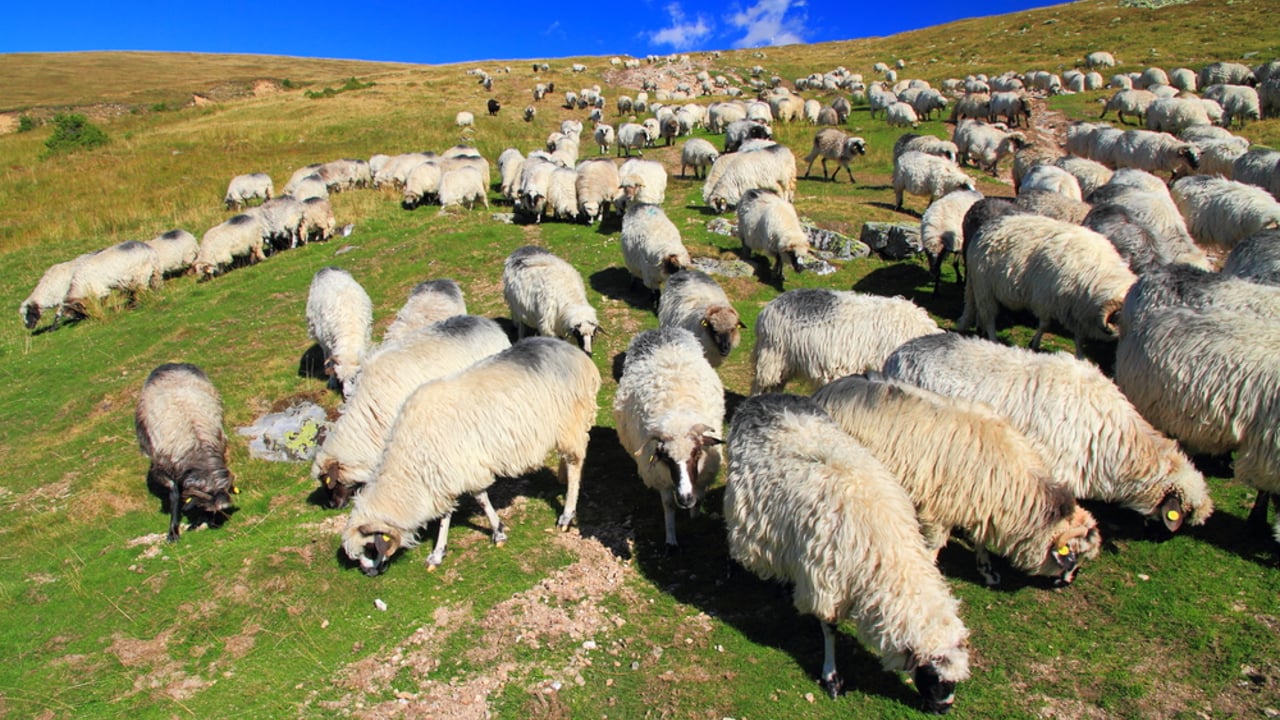Liver fluke control on organic farms
Liver fluke can be a big threat on organic farms, causing considerable animal health and welfare issues and significant economic losses to the livestock industry.
The topic was discussed indepth by a range of speakers at the UK Organic Research Centre’s recent producer conference. The discussion surrounded the impacts of fluke on sheep/cattle health, the life cycle of liver fluke and climate change related changes, the avoidance and treatment options available
Key tips for organic farmers coming from the discussion to control liver fluke included working with a knowledgeable vet to help with advice on prevention and control.
Also knowing the fluke status of the farm by checking for fluke in fallen stock. It was outlined that producers should make good use of the information that is provided from the abattoirs and ask for it if it is not released.
Among the tips outlined were:
- Preventing pastures from becoming infected through avoiding eggs being shed, particularly on pasture that may host the mud snail (testing for eggs in faeces to stop the snail being infected).
- Keep stock from at risk fields and consider timing of grazing and associated risk; get out the farm map, where there is water, there is risk. Some fields are high risk, in some fields the risk could be minimised if water can be fenced out.
- Prevent the farm from becoming infected. Animals bought in should be quarantined for long enough (possibly housed or on temporary grass or grass about to be ploughed up during this period to avoid pasture/farm contamination) and their faeces tested. Infected animals should be kept separated from pastures with snails to avoid snails being infected.
Speakers outlined that just as in Ireland liver fluke, is a growing problem for all producers in the UK since 2012. They noted that liver fluke control is complicated. The parasite’s life cycle includes an intermediary host, a mud snail so small that many farmers have never seen them.
Liver fluke has always been a problem on some but not all farms in the West of the UK, but is now spreading to the East, it was outlined. The speakers attributed this to climate change, animal movements, preservation of wetlands for environmental reasons and drug resistance have all been identified as contributing factors, but difference in infection between farms in the same area indicate that there are also farm specific-risk factors.
According to data from the UK Organic Research Centre, this gives an indication that management can make a difference and the shared view by all speakers was that no farmers and certainly not organic farmers should rely only on drugs.
All speakers agreed that a lot can be done with prevention, but if treatment becomes necessary using the right drugs is essential.
Image: Shutterstock










